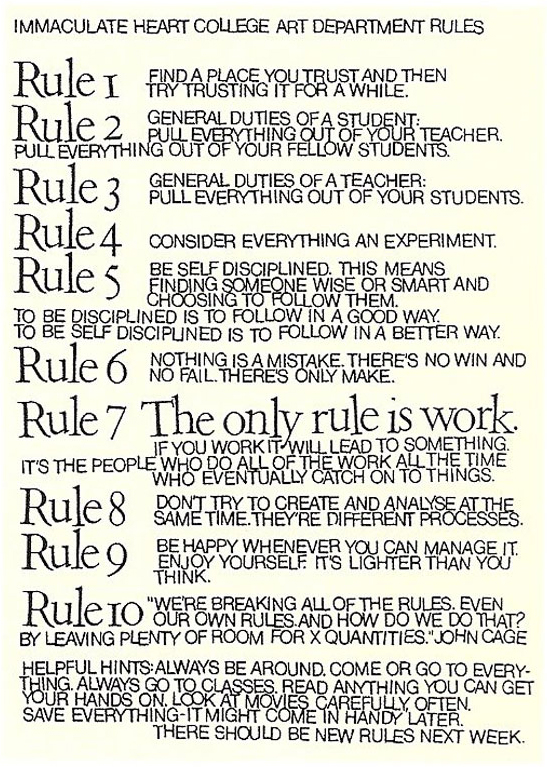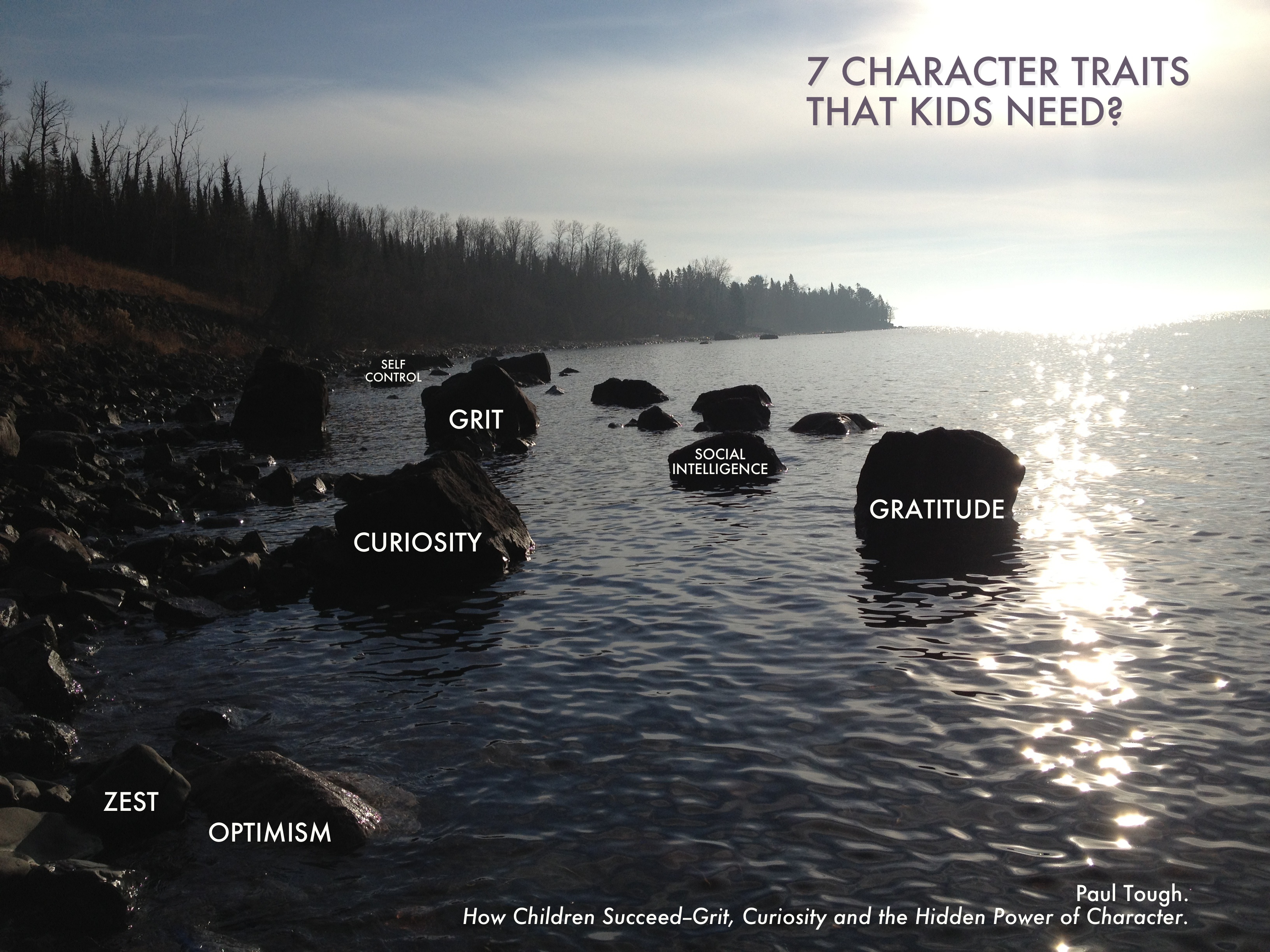This morning, I watched an RSA Animate video by Roman Krznaric, The Power of Outrospection (found via Brain Pickings).
I was drawn to it because of my continued interest in caring—caring about, for and with others. While not exactly the same thing, empathy is connected to care. Krznaric defines empathy in two ways: a. empathy as shared emotional response (you see someone crying in pain, it makes you cry too) and b. empathy as perspective taking (you are able to “step into someone else’s shoes” and understand their worldview/feelings/experiences).
I appreciate Krznaric’s emphasis on empathy, especially how it encourages people to humanize others and to try to understand “where they are coming from” instead of merely dismissing their ideas as wrong or too “different.” Krznaric is really committed to an “empathic revolution.” In addition to his RSA Animate video, he has tons of papers on the topic and a post on 5 easy steps for joining the empathy revolution. He is also in the process of collecting and sharing people’s stories. As a side note, I am pleased to see Krznaric using social media (blogs, twitter, YouTube) for his empathy project. Last year, I wrote an article critiquing a recent study that suggests that social media could be a main contributor to college student’s increased lack of empathy.
But (and you had to know that but was coming), even as I appreciate Krznaric’s focus on empathy, his shift away from pure introspection (self-help, it’s all about me!) and towards outrospection (stepping outside of ourselves), and his linking of empathy with radical social change, I was a little troubled by some of his language—discovering new lives and civilizations—and his proposals—an empathy museum where you can check people out or learn how to sew a garment from a South Asian factory worker or taking an empathy adventure, like George Orwell, in which you “tramp through the streets of London,” meeting new people and gathering endless material for your writings.
I am reminded of María Lugones and her excellent discussion of playfulness, world-traveling and loving perception. In it, she discusses how we might learn to playfully travel to other worlds, by seeing the people we meet through loving instead of arrogant eyes. She cautions against treating this travel as a holiday, aimed at discovering and attempting to “know” or fully understand (or conquer) these worlds or the people that inhabit them. Central to her argument is somethings that I find to be missing in Krzarnic’s discussion of empathy (to be fair, I’m basing my analysis of his theory on the RSA Animate, and not his essays and books): Writing as a woman of color, who must travel between multiple worlds (and identities), Luguones understands world-traveling to not just be a value we should aspire to do in order to understand others, but a survival tool that many people rely on in order to get by. She writes:
I wonder, who is Krznaric’s audience for this video? Who needs to be told to see/understand other’s perspectives and who already does by necessity?
I have more to say about the problems and possibilities of Krznaric’s empathy revolution, but, as always, I’m running out of time. I’m also having trouble writing coherently and concisely. Not sure why… Here’s one more thing that I want to mention about empathy: What if, when we experience empathy as perspective-taking, we weren’t stepping fully outside of ourselves into someone else’s life, but instead residing beside ourselves (and beside them) in an in-between space where we can see how our lives are connected and implicated in each other’s? So, empathy isn’t about “discovering new worlds,” but about refusing to ignore the richly complex and diverse worlds that we already inhabit. Hope that makes sense.
Speaking of empathy and becoming aware of others’ experiences in order to affect social change (which Krznaric does, roughly 6 minutes in), I came across a story on Colorlines about the Newark super Mayor, Cory Booker. He’s surviving on food stamps for in order to experience what it’s like to live on $30/week for food. He’s taking the #SNAPChallenge:
The SNAP Challenge gives participants a view of what life can be like for millions of low-income Americans. Most participants take the Challenge for one week, living on the average daily food stamp benefit (about $4 per person per day). Challenge participants find they have to make difficult food shopping choices, and often realize how difficult it is to avoid hunger, afford nutritious foods, and stay healthy.
When I have time, I want to research this initiative some more. What sort of empathy does it promote? What social justice actions are coming out of it? What would/does Krznaric think of it?








